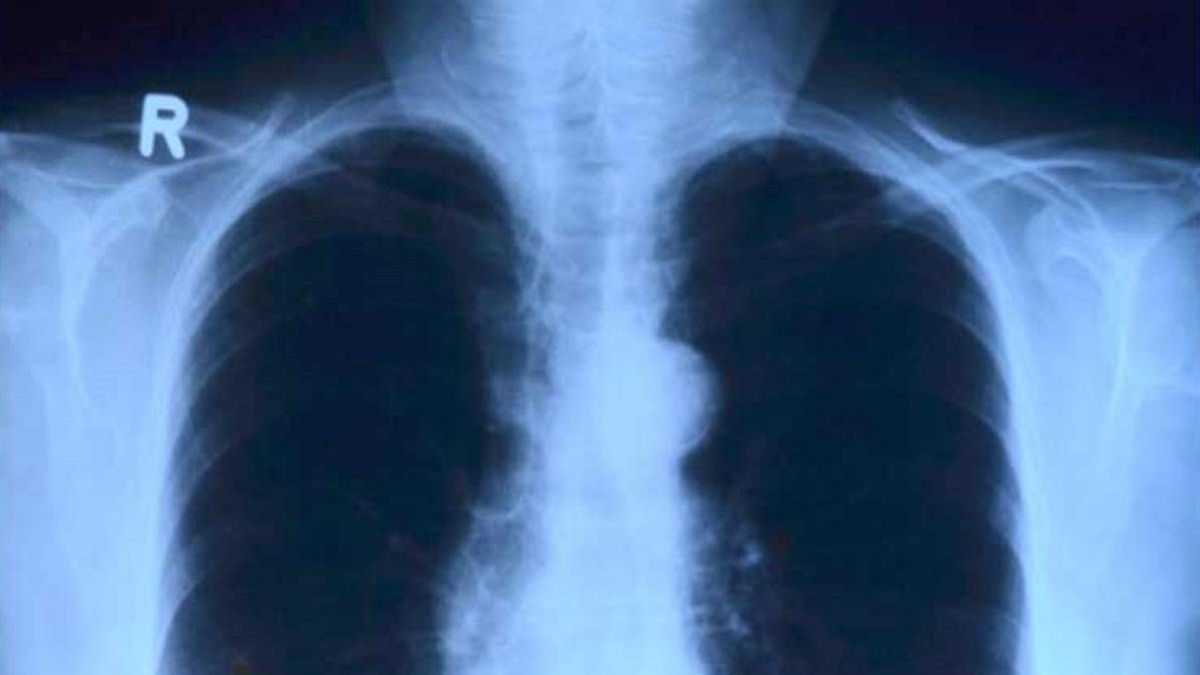The pneumonia that causes COVID-19 is completely different from the conventional one, as revealed by a study recently published in the scientific journal Nature by Northwestern Medicine researchers (United States). This is the first work in which they are analyzed immune cellss from the lungs of patients with coronavirus pneumonia routinely and compared with cells from patients with pneumonia due to other viruses or bacteria.
In the case of COVID-19 pneumonia, instead of rapidly infecting large regions of the lung, the virus takes up residence in multiple small areas of the lung. Then hijacks immune cells of the lungs and uses them to spread through the lung over a period of many days or even weeks. As the infection moves slowly through the lung, it leaves damage in its wake and continually feeds the fever, the low blood pressure and the kidney damage, he brain, he heart and other organs.
“The complications generated by COVID-19, compared to other pneumonias, could be explained by the prolongation in the time the disease is present in the body”, Point out the study authors.
How to fight severe pneumonia
At the conclusion of their analysis, the researchers identified Critical Goals for Treating Severe SARS-CoV-2 Pneumonia and decrease its damages. Targets are immune cells: macrophages and T cells. The study suggests that macrophages (cells typically responsible for protecting the lung) can be infected by SARS-CoV-2 and may help spread the infection through the lung.
Following these results, the scientists will test a experimental medicine to treat these targets in patients with COVID-19 pneumonia in a clinical trial to early 2021. The drug to be tested silences the inflammatory response of these immune cells, thus allowing the start of the repair process in the injured lung.
“Our goal is to make COVID-19 mild rather than severe, making it comparable to a bad cold.”, highlights, as collected Medical writing, study co-lead author Scott Budinger, chief of pulmonary and critical care medicine at Northwestern and Northwestern Medicine University Feinberg School of Medicine.
–


